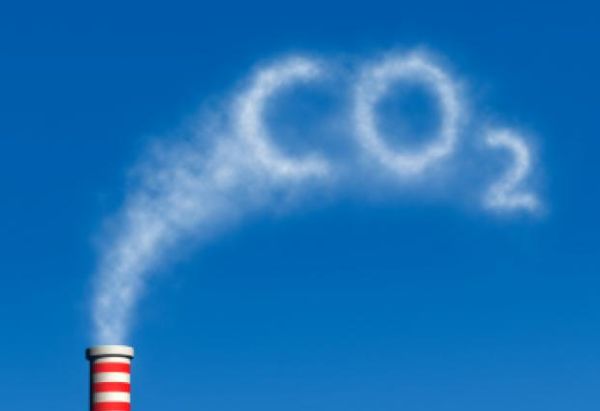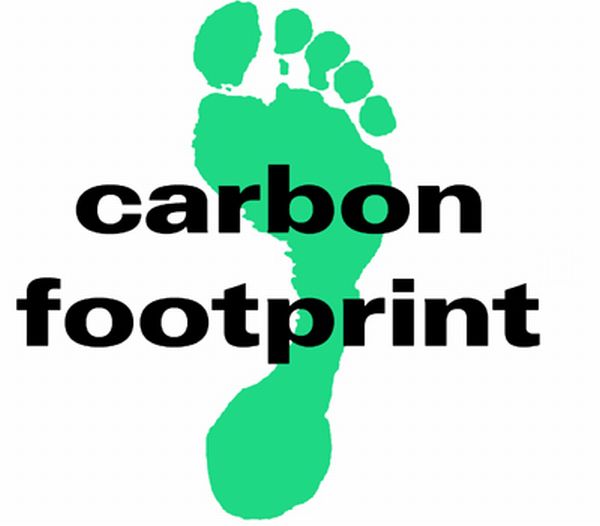
Why we are asking this now?
The average temperature of Earth is steadily on the rise, and the process is accelerated because of the carbon emissions that result in the green house effect. To some, this may not be a cause of concern, but the fact that the temperature rise of even a few degrees results in melting of the polar ice caps resulting in release of billions of gallons of water into the oceans, which ultimately results in the flooding of low lying coastal areas, is an issue of concern. The biggest culprits for this are fossil fuels, coal and petroleum mining industries that result in constant pollution of the earth’s natural environment with poisonous greenhouse gases. If the carbon emission levels are not checked now, it might soon be too late to even recover. The introduction of an effective tax regime would result in the control of the carbon emission levels by big corporate and industries once the amount of tax to be paid starts increasing with the increase in their carbon foot print.
Is it really that serious?
The 15km thick atmosphere contains huge amounts of CO2 and other Green House Gases. This creates a virtual blanket for trapping the solar energy that regulates the temperature on the Earth. While the presence of the green house gases is extremely necessary to maintain the ecological balance and sustain the planet’s temperature within a livable range, any excess of it would result in a global catastrophe and in the last century alone, the carbon emission levels have increased from 280ppm (1850 data) to 364ppm (1990 data). The glacier belts and the polar ice caps would melt and the result would be devastating. The landscape, as we know now, would all change and many cities and even nations would be lost to the sea, like it happened to Doggerland, the now sunken land that once connected England to the rest of the European continent, in the Mesolithic age.
What others are saying:
According to the US Department of Energy,
“CO2 released by burning coal oil and natural gas makes up 82% of total greenhouse gas emissions”
It also states that the US in spite of having less that 5% of the global population, is responsible for
“20% of the world’s CO2 emissions”
A recent MIT report talks about
“…a remarkable increase in the American public’s recognition of global warming and their willingness to do something about it.”
The developments:
An effective tax system on the carbon emission levels can necessarily control the emission levels to a great extent. The tax system can start locally in each country or province and soon it would spread to the entire would. The policies are being formulated to keep the emission levels under control and have a progressive tax system that would allow the tax to be decided on the amount of emission levels and not just flat rate everyone. The Carbon Tax system introduced in Australia has resulted in lowering of the Country’s emission levels and the amount generated as the “Carbon tax” is being utilized to fund alternate and clean energy programs. This could soon be the scenario in the US and the world.
The main hurdles:
The carbon tax system faces a tough resistance from big corporates that would be seriously affected by such a system. There are certain other hurdles as well that can be of concern. They are-
1. The companies may decide to shift base to places with no or less carbon tax.
2. The entire mechanism needs to be set up and made operational; this could incur a great cost to the exchequer.
3. It is not very easy to determine the tax rates and measure the emission levels accurately.
4. The tax rates would need to be high for corporates to control their emission levels, but this could well backfire and there could be a rise in cases concerning tax evasions.
5. It is a general tendency to hate taxes, and introducing new ones could well be to the dislike of the masses.
What can be done?
What the carbon tax does is include the social cost of burning fuel and emitting polluting gases into the atmosphere in the tax system and make the taxes include both the internal as well as the external cost. This tax plan would certainly reduce the demand of fossil fuels as no one likes to pay tax, let alone pay more tax. For this an effective tax system needs to be proposed, something in line with the one presently established in Australia. The tax system needs to be progressive and not flat rate so that increasing emission levels are taxed more. The tax system needs a strong foundation, but above all, it needs the political will to survive the corporate pressures against the Carbon Tax.




